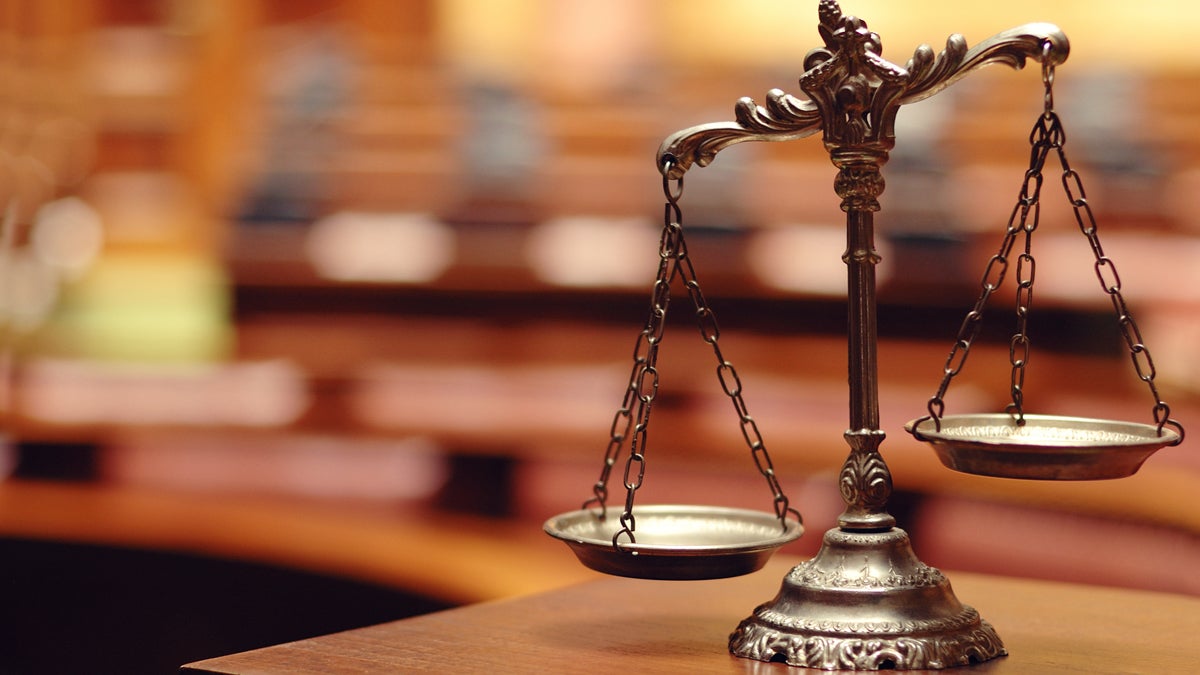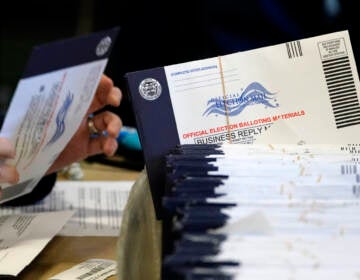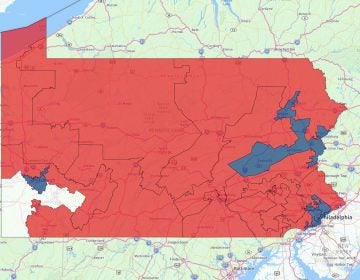We should keep partisan politics out of Pennsylvania’s judicial selection
We should not be voting for judges. The partisan process taints the impartiality so critical to the bench, and diminishes public confidence in the court system.

(Photo via ShutterStock)
Every Election Day, big or small, is extraordinary — energized by the patriots of the past and the possibility of change for tomorrow. It is an opportunity to exercise what is, for many of us, the hard-earned right to vote. It’s a day for dissenters to secure their right to complain for the term to come, and for Americans everywhere to don their red, white, and blue stickers in proud proclamation of completing their civic duty. The magnitude of the day is never lost on me.
This Election Day, however, is also a perfect opportunity to share why, as a threshold matter, we should not be voting for judges. Pennsylvania is only one of a handful of states where judges are elected. At both the trial and appellate level, candidates run for a 10-year term via partisan races. Inevitably, the judicial selection process is fueled by money, most of which comes from lawyers, unions, and businesses likely to have cases before the judge, especially at the state Supreme Court level.
Millions of dollars are spent on judicial elections each cycle. Dave Davies crunched the numbers on the 15 candidates for the seven appellate openings, finding that they raised just under $4 million since the primary election. By far, the biggest contributor was the Committee for a Better Tomorrow, the PAC of the Philadelphia Trial Lawyers Association. In 2015, $15.8 million was spent in Pennsylvania’s judicial elections, breaking the record for the costliest Supreme Court race in U.S. history. The partisan process we currently have taints the impartiality so critical to the bench, and it diminishes public confidence in the court system.
On a practical level, voters, understandably, have no idea who the many judicial candidates on the ballot are or by what metrics they should even be evaluated. For Philadelphia voters today, they will come face to face with the names of 27 judicial candidates. This leads to, shall we say, less reliable methods of voting. For example, in my family, as a fall back, we “vote often, vote Irish,” i.e., vote for the “Mc” or the “O’.” I tested this practice against the Pennsylvania Bar Association’s judicial rankings for today’s elections — let’s just say the old “vote Irish” philosophy might have led to some underqualified judges. (Though, some of the most highly recommended candidates appear to be Irish as well.) Hey, the bench is not for everyone.
In any event, a merit selection system could move Pennsylvania away from partisan politics in judicial elections and establish a bipartisan nominating committee to recommend appellate candidates to the governor for appointment.
While the merit process would not entirely eliminate politics from the process, it would eliminate the problematic conflicts of interest that arise in our courtrooms from the money in partisan elections; provide a process for ensuring more qualified judges are on the bench; and give voters the power to evaluate judges’ conduct on the bench via retention votes.
To read about current proposed legislation on judicial merit selection in the Pennsylvania Legislature and to hear from folks more knowledgeable and eloquent than I on this topic, check out some of the work being done at Pennsylvanians for Modern Courts. And, in the meantime, do your best to get educated, and vote! (Irish or otherwise.)
—
Mary Beth Schluckebier is a lawyer in Center City Philadelphia and a temporarily retired Mummer (at one time, the only bass clarinet on Broad Street on New Year’s Day). She and her partner Bridget are proud residents of the Pennsport neighborhood of South Philadelphia.
WHYY is your source for fact-based, in-depth journalism and information. As a nonprofit organization, we rely on financial support from readers like you. Please give today.



